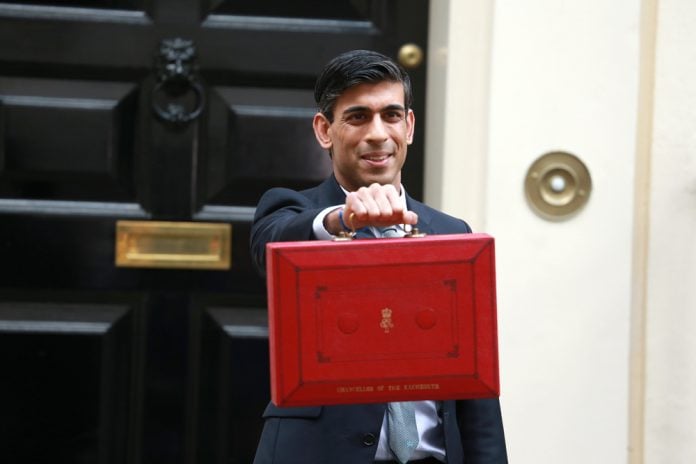Whether the appointment of Rishi Sunak as Prime Minister will calm a period of elevated turbulence within UK politics remains to be seen, nonetheless, it’s a development that has been welcomed by the crypto sector.
Faith in the new premier providing a platform for growth for UK digital currency stems in some part from his tenure as Chancellor, in which he focused on not only growing digital currency in the UK, but also making the region a key hub for fintech.
Having previously had a career as a Wall Street banker, Sunak was appointed UK Prime Minister with a focus on stabilising the economy, at a time when fintech and digital finance are rapidly changing global markets.
Dominic Williams, Founder of the DFINITY Foundation and Chief Scientist for the Internet Computer Protocol, emphasised his belief that Sunak has a strong understanding of the role crypto can play in elevating the UK economy.
He stated: “I think Rishi Sunak understands the extraordinary importance of Britain embracing crypto: not only will crypto provide the technology platforms the world uses to build its systems and services in the future, but it will enable entire industries to be reimagined, from social media to finance.
“He follows George Osborne, another Conservative ex-chancellor, in seeing the potential. George is a founding partner of 9Yeards Capital, which has made substantial early investments into major crypto projects.”
He then added that through the experience gained during his spell as Chancellor, Sunak understands ‘the critical importance of fostering the creation of growth businesses in Britain’. Reflecting on when he stated his ambitions to make the UK “a global hub for crypto asset technology.”
Looking ahead, William weighed in that: “Britons working in crypto must now collaborate with regulators and investors to help ensure British innovators can reach their potential and drive meaningful growth.”
Whilst the UK looks to maintain its status as a thriving nation for fintech and digital finance, an elevated growth for cryptocurrency is an avenue less explored when it comes to bolstering UK finance.
To facilitate this growth, an enhanced and more focused regulatory framework may well be required – one that complements innovation and safeguards consumers.
Oliver Linch, CEO of Bittrex Global, said: “As economists, central bankers, and legislators grapple with the macroeconomic drivers and how to tackle these real issues, one topic that has been largely overlooked from the conversation thus far is crypto.
“When Rishi Sunak was Chancellor, he made much of his desire to cast the UK as a ‘global hub’ for crypto. Now that he is in Number 10, the time is ripe for him to really get to grips with what that means, and how regulating crypto will work in the real world.
“Market participants that have been calling for proper regulation for years know what it will take to get it done and get it done effectively and efficiently. The UK needs to start taking crypto seriously if it truly wants to become a ‘global hub’ for DLT. Even the EU has managed to do this with its recently finalised MiCA legislation, and the UK is going to fall even further behind if Sunak doesn’t act now.
“We stand willing to engage with the new Prime Minister to create an environment and a regulatory regime that will cement the City of London as the primary place to do finance of all kinds, including crypto, for years to come.”
Jackson Mueller, Director of Policy & Government Relations at Securrency, added: “Only several months ago, former Chancellor of the Exchequer Rishi Sunak announced his intention to develop the UK into a ‘global hub for cryptoasset technology.’
Under his leadership, the UK government continues to work towards achieving that laudable goal through various policy efforts, including cryptoasset consultations, exploratory work on a Digital Pound, the unveiling of the Financial Markets and Services Bill and its inclusion of ‘digital settlement assets’, an ongoing initiative by the Royal Mint to create a non-fungible token, ongoing reviews to reshape the UK’s financial and payments regulatory frameworks and, even more importantly, the development of a financial market infrastructure sandbox exploring how firms are capitalising on the use of distributed ledger technology in financial services.”
He added on the impact that the the currency economic climate could have on this growth: “Of course, the question that must be raised is whether current economic uncertainties pose challenges to achieving Sunak’s original vision and whether the will to accomplish this vision, as was readily apparent during his prior role as Chancellor of the Exchequer, remains with Sunak in his new role as UK Prime Minister.”























